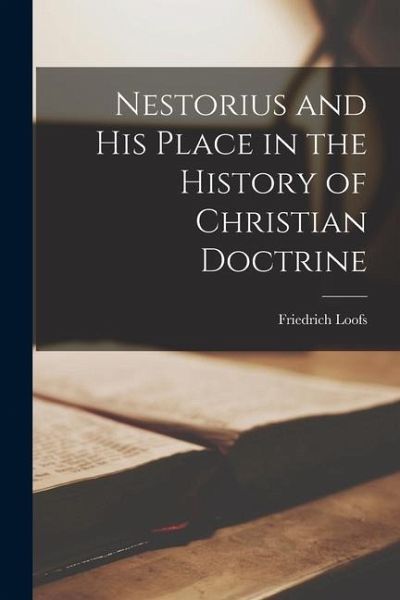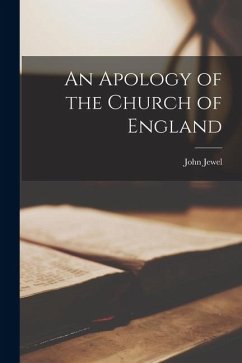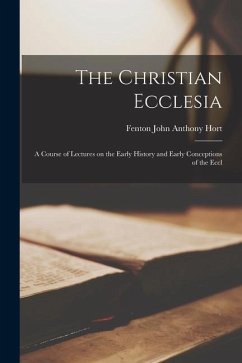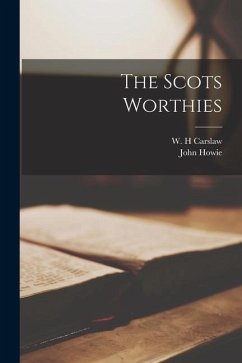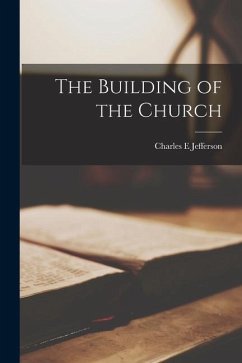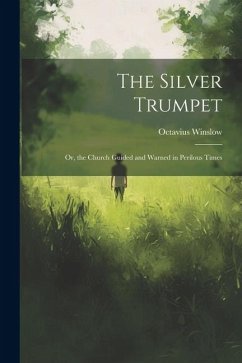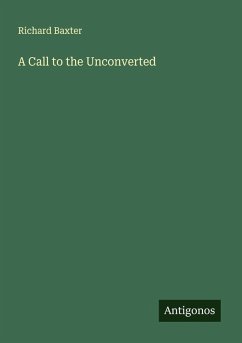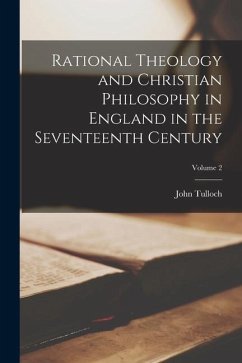Friedrich Loofs
Broschiertes Buch
Nestorius and his Place in the History of Christian Doctrine
Versandkostenfrei!
Versandfertig in über 4 Wochen
Weitere Ausgaben:

PAYBACK Punkte
9 °P sammeln!




Nestorius and his Place in the History of Christian Doctrine
Friedrich Loofs (1858-1928) was a German theologian and church historian remembered for his critical scholarship on the history of early Christianity and his examination of doctrinal developments. Born on December 18, 1858, in Hildesheim, Germany, Loofs was a diligent scholar who received his education at the University of Halle, where he later became a professor himself. His perspective on doctrinal history was informed by a distinctly academic rigor, with his works often focusing on the analytical separation of historical fact from theological interpretation. Loofs is probably best known for his scholarly tome 'Nestorius and His Place in the History of Christian Doctrine', a seminal work that re-evaluated the position and influence of Nestorius, the Patriarch of Constantinople, within the context of Christian doctrinal history. His analysis provided a nuanced view of the Christological controversies that shaped the early church, particularly the Nestorian controversy and its implications for the development of Christology. Moreover, Loofs' extensive research contributed significantly to the modern understanding of patristic literature and dogmatic history. His meticulous approach to studying historical sources has left a lasting impression on the field of church history and has been cited by contemporary scholars interested in the evolution of Christian thought. Though his language and conclusions reflect the sensibilities of his time, Loofs remains an important figure for students of Christian dogma and historical theology.
Produktdetails
- Verlag: Creative Media Partners, LLC
- Seitenzahl: 140
- Erscheinungstermin: 27. Oktober 2022
- Englisch
- Abmessung: 234mm x 156mm x 8mm
- Gewicht: 204g
- ISBN-13: 9781015866546
- ISBN-10: 1015866549
- Artikelnr.: 67004621
Herstellerkennzeichnung
Libri GmbH
Europaallee 1
36244 Bad Hersfeld
gpsr@libri.de
Für dieses Produkt wurde noch keine Bewertung abgegeben. Wir würden uns sehr freuen, wenn du die erste Bewertung schreibst!
Eine Bewertung schreiben
Eine Bewertung schreiben
Andere Kunden interessierten sich für



